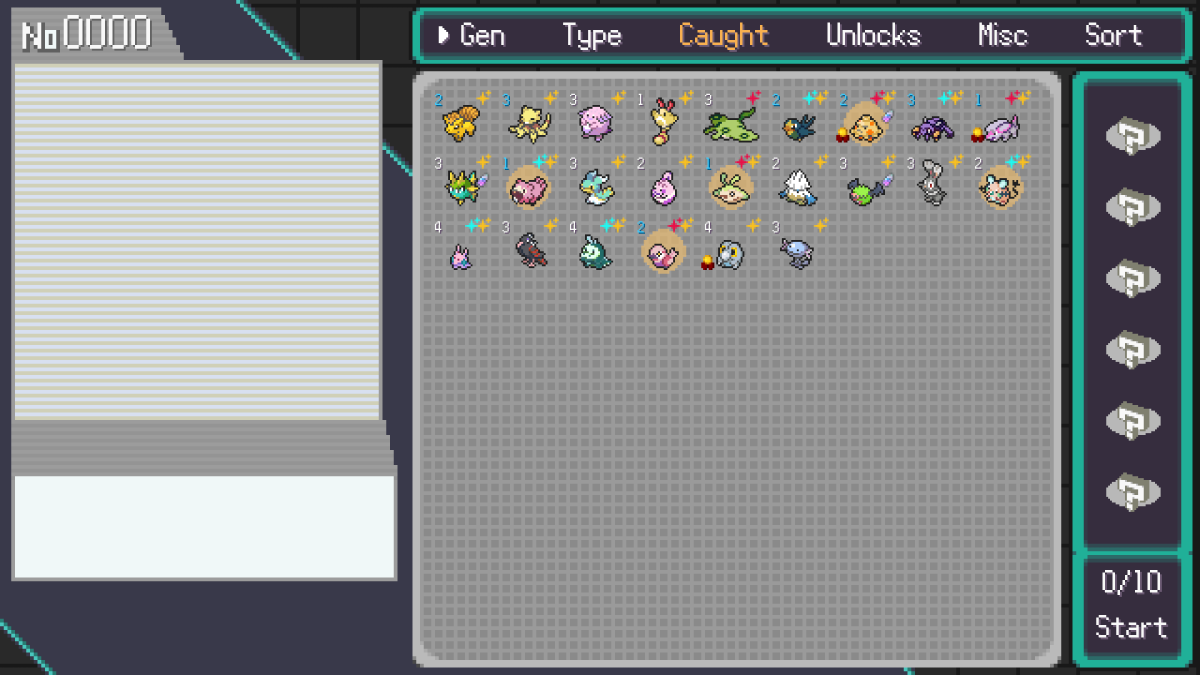I know by now UW-Eau Claire students have had to sit through a presentation or two about studying abroad. I have sat through and given quite a few myself. I am not only an advocate for the study abroad program, but for traveling and experiencing as many different cultures as possible.
Obviously, not everyone feels the unending thirst for exploration and adventure like us lucky few, and that’s great. But for those of you who do feel the itch but think other factors are too great to overcome, I’m here to tell you: don’t lose hope.
On average, less than 10 percent of U.S. graduates study abroad. Compare that to the 24 percent of Eau Claire graduates who can boast having a study abroad experience, and you soon realize that UW-Eau Claire definitely puts a high premium on going international. It is my experience that the school wants to help you get anywhere you want to go.
The thing I hear most often from students is that studying abroad is too expensive. All I have to say to that is you haven’t done enough research. I’m not going to lie; studying abroad can be expensive, but it doesn’t have to break the bank.
I studied abroad in Harlaxton, England in spring, 2009, and lived in a 200-year-old Victorian manor. Just picture Hogwarts in the middle of the English countryside. They provided three meals a day, I had class only four days a week and a few long weekends sprinkled in. I
traveled almost every weekend to London, Paris, Spain, and the list goes on. It was one of the more expensive programs, mostly because of my elective travel, but I have never regretted spending a single dollar.
There are programs that are less expensive and are often comparable to the UW-Eau Claire tuition you are paying now. In the brochures, they list the tuition for each place, and sometimes by just flipping through a few of the top places that interest you, you will be able to find a place that’s in your price range. Financial aid will still apply and sometimes will even increase. Scholarships are also available to students. I’ve found that the Center for International Education staff is more than willing to get you all the information you need about financial help, even if you are choosing to study internationally outside of the Eau Claire program.
There are also myriad options for those who are worried about getting behind in their major or can’t afford to miss a semester of classes. A lot of people are worried about being able to graduate in four years, and studying abroad doesn’t have to be a hindrance.
All credits taken abroad through the UW-Eau Claire program transfer back without any difficulty. You can often find a class that will fit right into your four- or five-year plan without any complications. If your major is simply too rigorous to spend a semester away, there are always summer programs you can apply for.
There are even specialized study abroad opportunities for particular majors. Definitely a lot of the programs are meant for foreign language majors and minors, but right now, the CJ department is offering a British Studies program that is being offered by the University of Mississippi. It is just for CJ majors interested in international journalism, like me. It’s four weeks in London, learning how the different news medias work in England and in Europe. This program isn’t offered through the CIE, but the university will work with me to make sure my credits will transfer, and this allows me to participate in another international studies program.
Studying abroad twice seems like it’s becoming more and more common, and who can blame them?
From more than 50 countries to choose from and at least 45 sites with no language requirement, you would be hard pressed to find a place that isn’t perfect for you. The trouble might become that too many places are the right fit, and that’s a problem worth having.
It is my belief that everyone who wants to study abroad should get every opportunity to and I think the university does a great job allowing people to make it to their dream destination.
The schools likes to emphasize the importance of culture and diversity and to me, there is no better way to do that then to live in another country and learn how they live and act. There are only so many classes you can take about world history and customs before you just have to get out there and experience it yourself.
Not only will you make life long friends, whether they attend UW-Eau Claire or live thousands of miles away, but, and I know this is clichéd and none the less true, will likely have a truly life changing experience that you can share.
But no matter how many times I talk someone’s ear off about studying abroad and my experience, they will never know exactly how it feels until they do it themselves.
Baltich is a junior print journalism major and staff writer for The Spectator.






